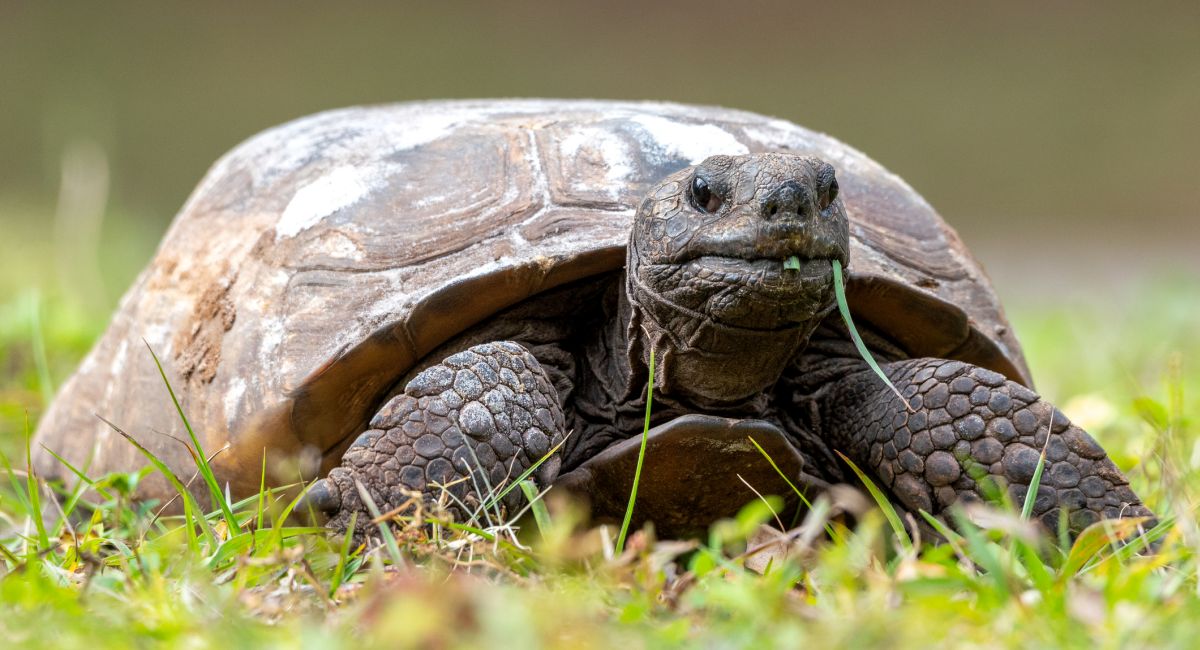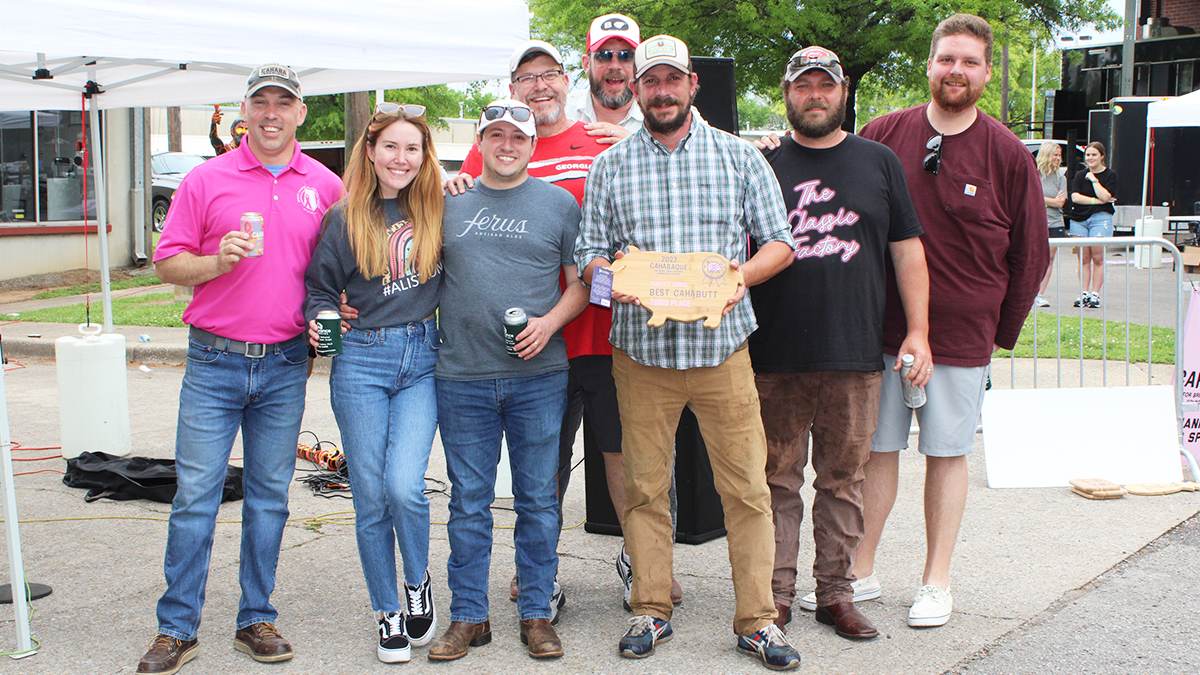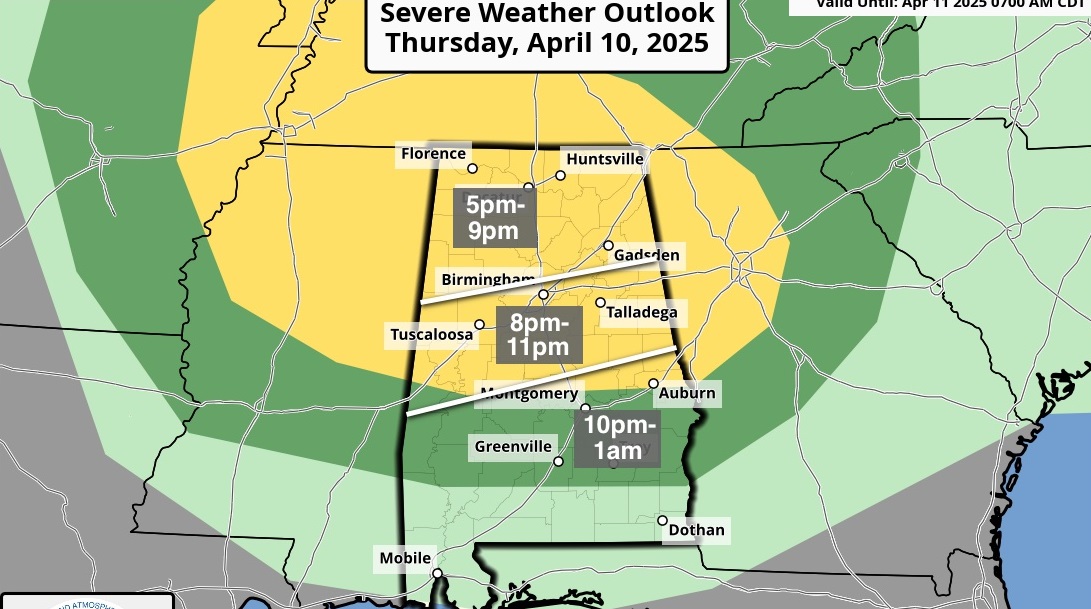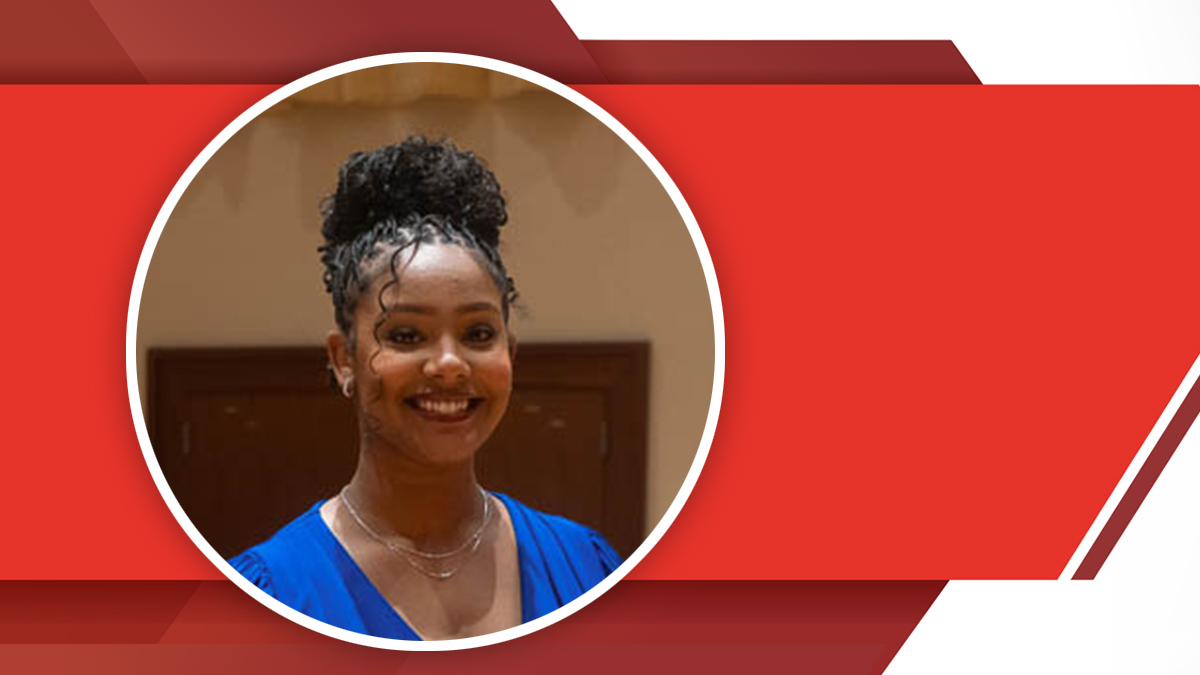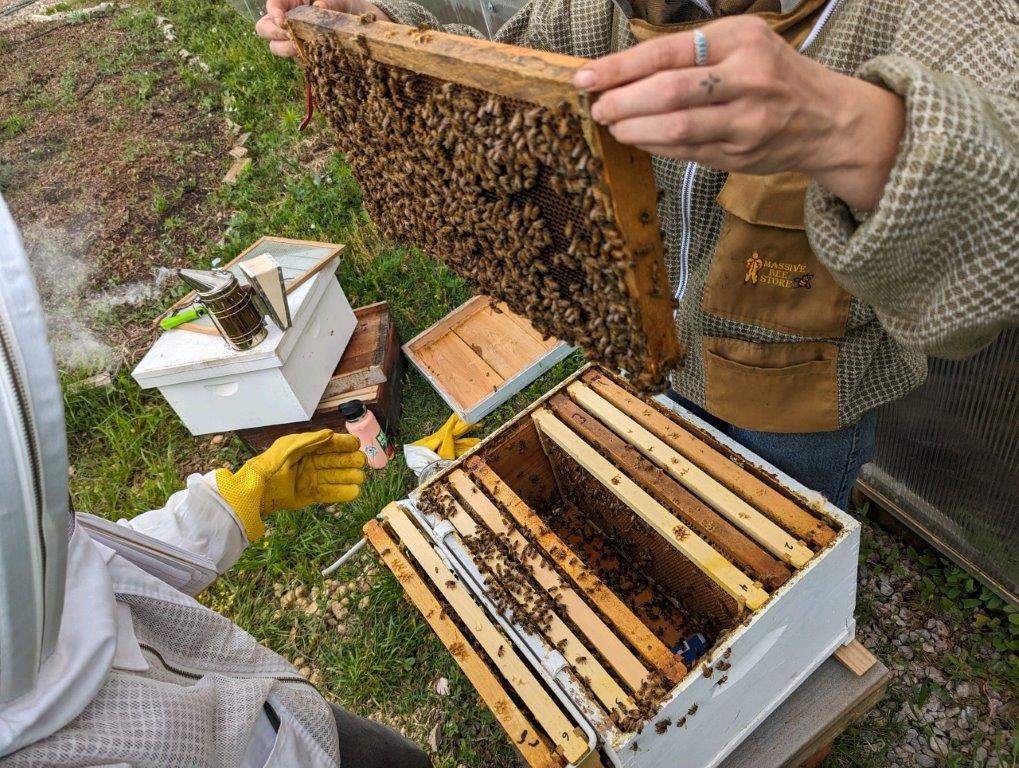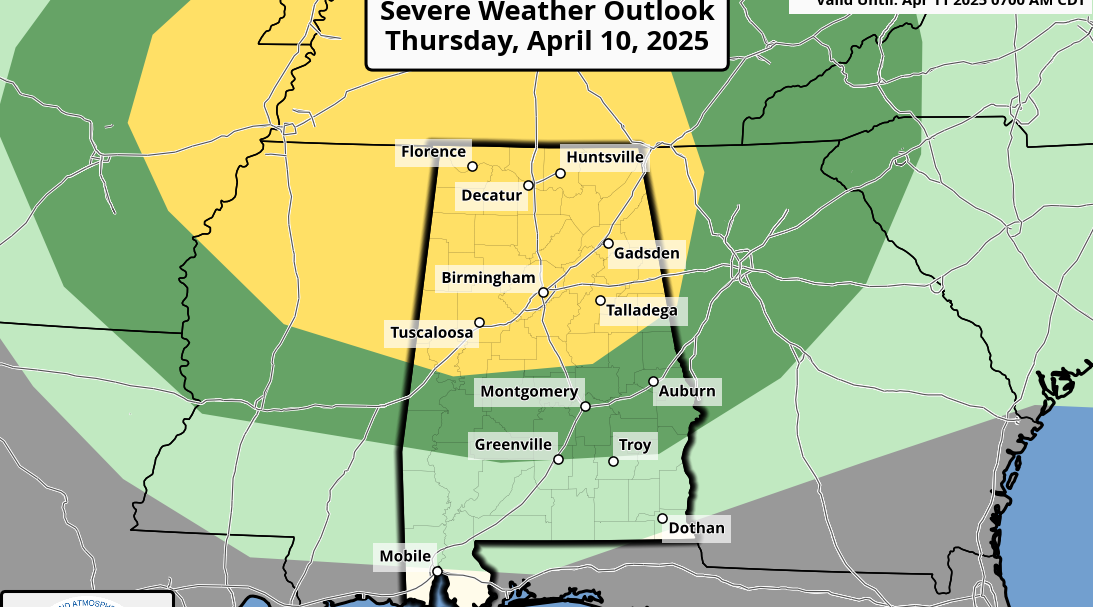U.S. Women’s goalball team trains in Birmingham for Paralympics
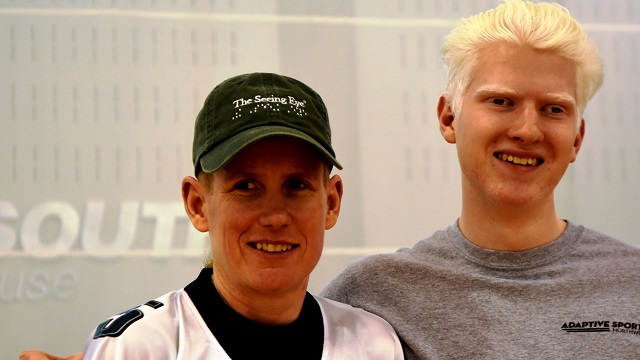
Jen Armbruster (left) with Josh Wellburn at the Lakeshore Foundation. (Solomon Crenshaw Jr./Alabama NewsCenter)
Jen Armbruster returned to Homewood’s Lakeshore Foundation last week as she and her teammates on the U.S. Women’s goalball team planted seeds to return to the medal stand at the next Paralympics.
Armbruster’s return to where she worked for five years was also a chance to check on a seed that she planted when she coached Pelham’s Josh Wellborn. That seed could someday yield a Paralympic berth for Wellborn.
U.S. Women’s goalball team trains in Birmingham for Paralympics from Alabama NewsCenter on Vimeo.
”He was this big when I coached him,” said Armbruster, holding her hand at her waist. “He was 6 the first time I met him and 8 the first time he played organized with me on a team.”
To the uninitiated, goalball seems like a combination of bowling and soccer. Ken Armbruster, Jen’s father and the U.S. national coach, said the sport compares more closely with team handball.

Sprawling to stop the ball (Solomon Crenshaw Jr./Alabama NewsCenter)
Goalball is for blind athletes who compete in teams of three, throwing a ball with embedded bells into the opponents’ goal.
Teams alternate throwing or rolling the ball from one end of the playing area to the other, and players remain near their own goal in both defense and attack. Players use the sound of the bells to judge the position and movement of the ball.
In competition, each player wears eyeshades to level the playing field in vision impairment.
At 10 or 11, Wellborn was the first substitute player to come in for Armbruster’s Lakeshore youth team. She remembers him being anxious to learn the game, often asking her to work with him.
“We worked on his throw. We worked on different things,” she recalled. “He’s taken that work ethic and he’s built from that. It’s been great to watch him grow into a very well-rounded young man. It’s been great to watch his growth as a player, not just athletically but his leadership as well.”

Putting visors in place (Solomon Crenshaw Jr./Alabama NewsCenter)
Wellborn says his vision is not great. He has albinism, a rare genetic condition where he has no pigment in his eyes, skin or hair.
Now a 17-year-old student at Jefferson State Community College, Wellborn has helped the Lakeshore youth team to three straight U.S. National High School Goalball Championships.
His goal is to be part of the U.S. Paralympic men’s team and make it to the 2020 Paralympics in Tokyo and other international competitions. He is enthused with U.S. squads like the American women visiting Lakeshore for a training camp.
“It’s very motivating to see all these high-level players, to talk to them and get to know them,” he said. “I can sort of look at them and say, ‘I can be here one day.’ I just have to keep doing what I’m doing and I can eventually get there.”

Asya Miller competes. (Solomon Crenshaw Jr./Alabama NewsCenter)
Jen Armbruster began losing her sight in 1989 and became blind a year later. She has earned three medals in goalball while representing Team USA in six Paralympic Games, including winning gold from the Beijing 2008 Paralympic Games.
She was the U.S. flag bearer in the Beijing Paralympics opening ceremony.
The Americans didn’t reach the medals stand in 2012, losing 5-0 to China in the quarterfinals. They righted the ship at the world championships, winning the title there.
“The competition is as tough as it’s ever been,” Armbruster said. “Any given team, you play that tournament a week later it’s going to turn out different. We’ve just got to maintain our A game throughout the whole week.”
